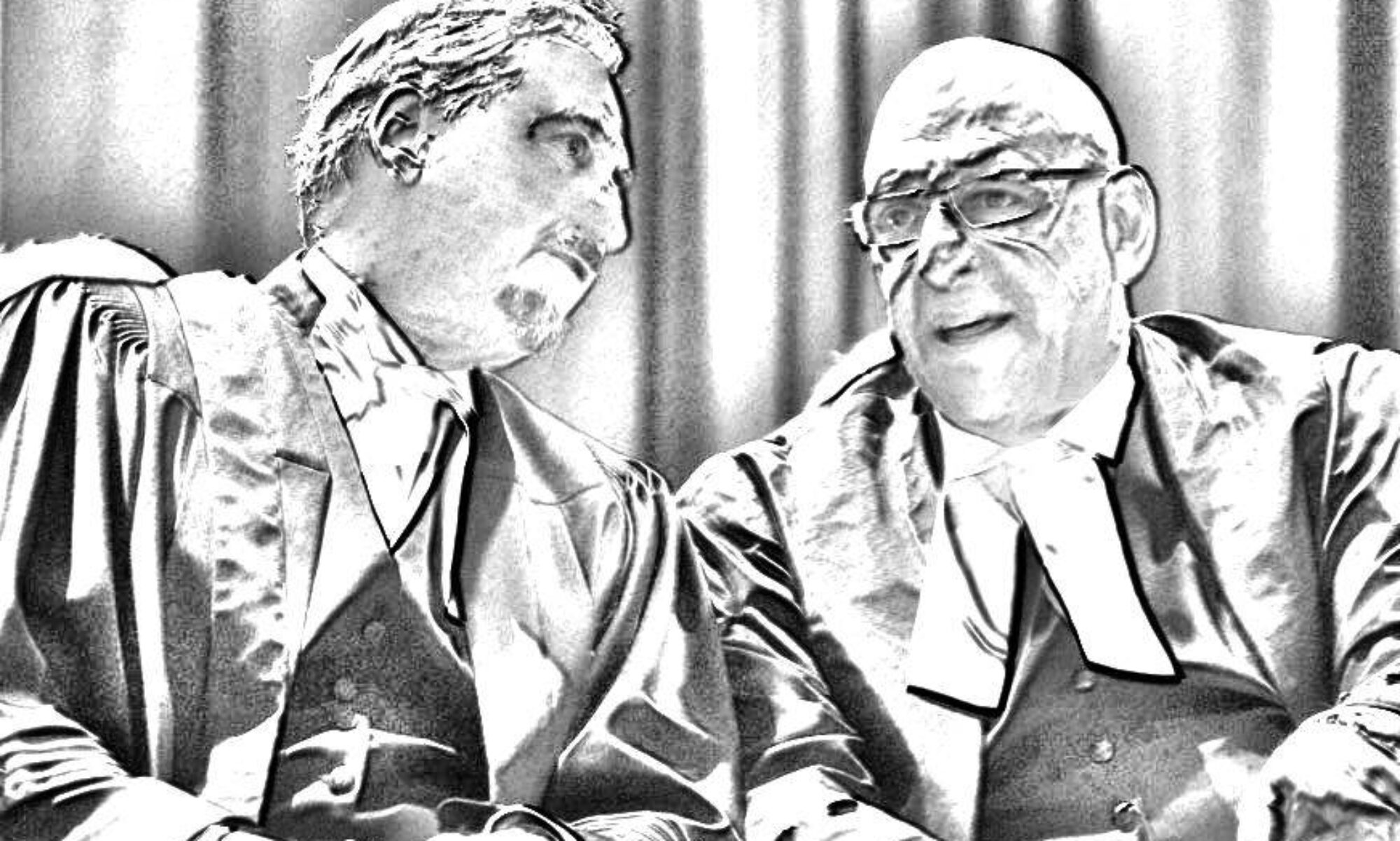 |
| Patrick Ducharme |
There is a general power to exclude everyone other than the prosecutor, the accused and counsel during the preliminary inquiry where the ends of Justice so require. There is also a general power to exclude witnesses from the courtroom until they are required to testify. The accused is entitled to be present.
Continue reading “Exclusion of Public from Preliminary Hearing”


